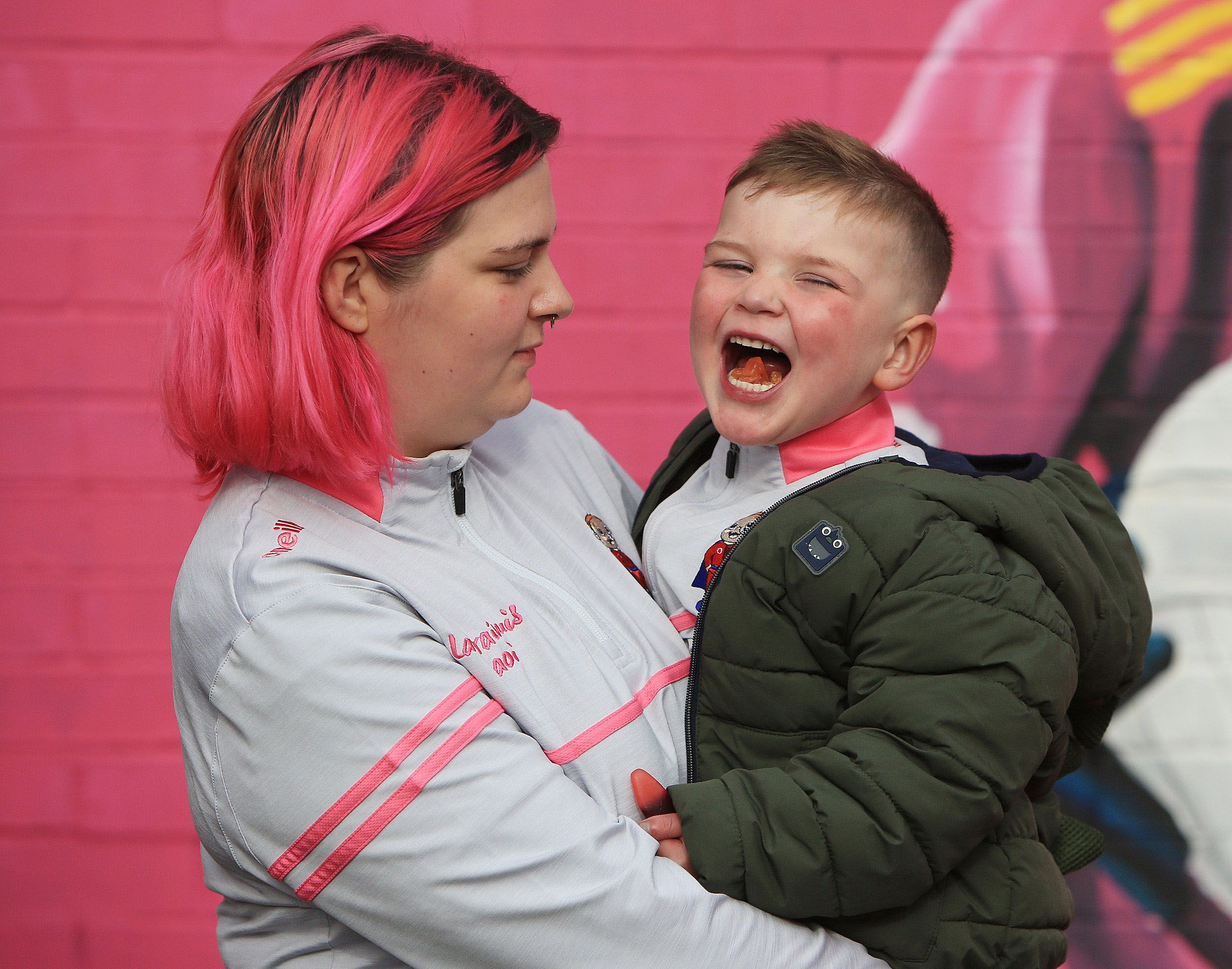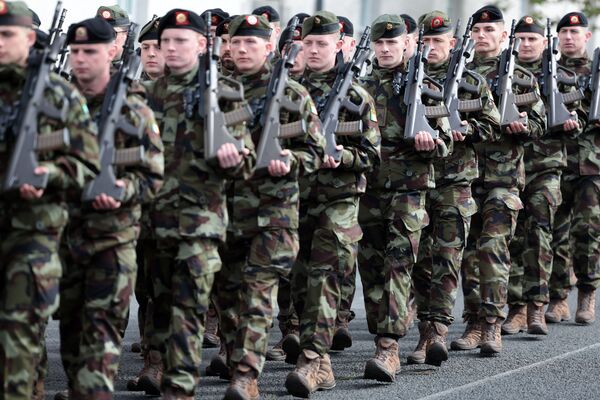THERE was a custom among the Inuit people (once known as ‘Eskimos’) that when food ran short, the old and sick were seen as a drain on the community’s resources. In extreme cases, such people were taken out to the wilderness and abandoned; alternatively the entire village would move away and leave the person to die. From our perspective it sounds barbaric, but for them it was a choice they believed was vital for the community as a whole.
If we’re generous, we might see today’s DUP as born-again Inuit. It shows in DUP thinking about reconvening at Stormont and passing Dáithí’s Law.
"We know that if the law is left to be passed in Westminster, as Jeffrey Donaldson recommends, it'll be springtime at least before it’s operational. The time-lag could be a death-sentence for young Dáithí..."
The law in question, as you know, would trigger an opt-out scheme of organ donation: when you died, except otherwise specified, your organs could be used in transplant operations to save the lives of others.
It’s called ‘Dáithí’s Law' because the parents of 6-year-old Dáithí Mac Gabhann are desperate to find a donor for the heart transplant operation that could save his life.
“It is a very disappointing day for us” Daithi’s dad Martin on the failure of Stormont to approve organ donation legislation. He adds the focus will now switch to London to get the law passed pic.twitter.com/jZTRA8kc8k
— Enda McClafferty (@endamcclafferty) February 14, 2023
The DUP are reluctant to have Stormont convene again, even for a day or two. It might become a habit, they fear, and weaken their case for the destruction of the Protocol, which deals with goods coming from Britain to NEI.
At the time of writing, they have just refused to convene and in doing so have lessened Dáithí’s chances of survival — and the chances of dozens of other sick people. You can hear the note of exasperation and fear in the words of Dáithí’s father Máirtín: “We've just got to get this done. Come on! Dáithí deserves it. The organ donation and transplantation community deserve it.”
But the DUP leader, Jeffrey Donaldson, insists there’s another route to pass the law and that’s Westminster. Which is true, except that it could well involve a delay of weeks, maybe months, whereas Stormont could convene this week with all the parties in attendance, and the wait is over.
Simon Hoare, the chairman of the Northern Ireland Affairs Committee in Westminster, considers the DUP’s stance pretty rancid: “It’s appalling. It’s a dereliction of duty and it’s political self-service rather than public service.”
Actually it’s worse than political self-service. It’s an example of political self-harm rather than political self-service. We know that if the law is left to be passed in Westminster, as Jeffrey Donaldson recommends, it'll be springtime at least before it’s operational. The time-lag could be a death-sentence for young Dáithí and for the hundreds of others waiting on a transplant operation.
LIVE: Former UUP health minister Robin Swann says Daithi's law was one of his 'proudest achievements' pic.twitter.com/dD0kB0flSb
— UTV Live News (@UTVNews) February 14, 2023
So just as the Inuit people on occasions saddled up and left the vulnerable to perish, the DUP as a party is prepared to do the same. For them, the protocol is more important than Daithí’s possible chance at life.
But the way Jeffrey Donaldson sees it, the UK government is using Dáithí’s case as blackmail, and sees Sinn Féin’s sole interest in the case as looking for an opportunity to make political hay.
Burt Bacarach died last week. Among other timeless tunes, he composed a classic called ‘Anyone who had a heart’. Are there enough people with hearts of flesh, not steel, among the DUP Assembly team? Tuesday of this week was Saint Valentine’s day. It was also the day scheduled for a gathering of the parties at Stormont. The DUP could have attended that gathering and delivered the most meaningful of Valentine cards to the family of Dáithí Mac Gabhann.








